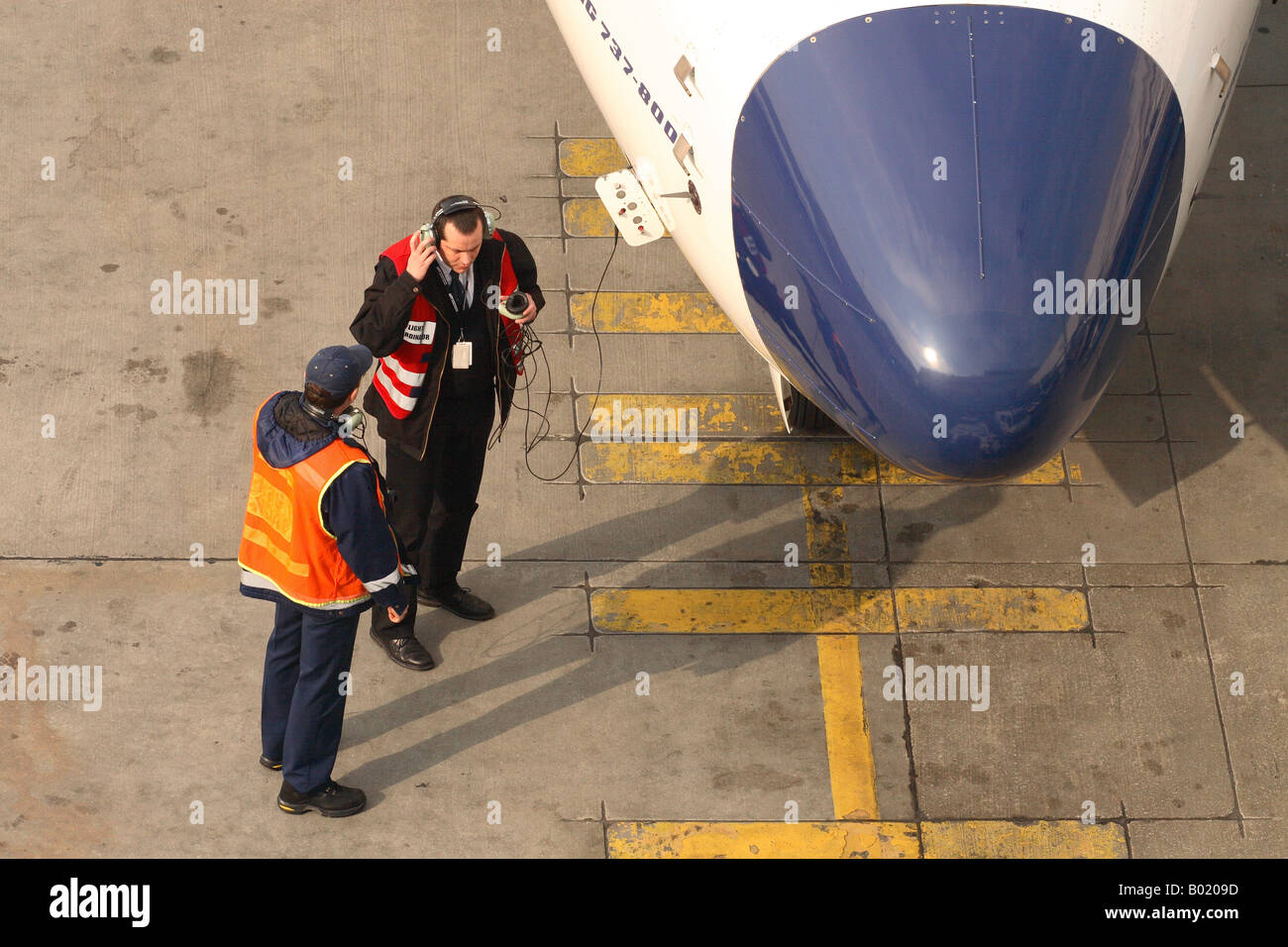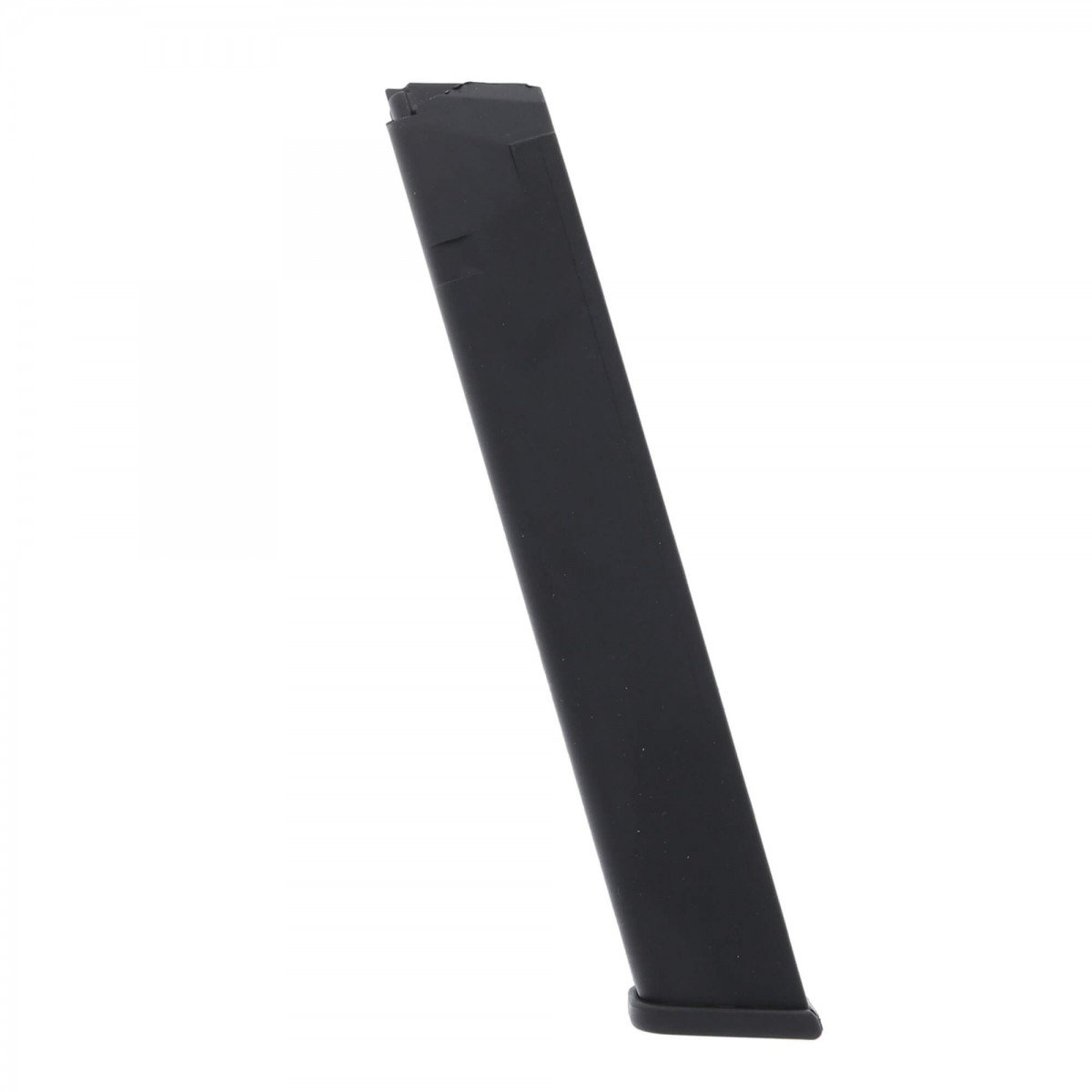Aircraft Dispatcher - Airlines cannot operate effectively without highly skilled people on the ground, making sure planes are where they need to be at the right time. An important part of airport life is making sure that passenger departures are on schedule - the people responsible for this are known as flight controllers or air traffic planners.
In airport operations, the airport captain and dispatcher are jointly responsible for flight safety. The flight controller works with the pilot to develop a flight plan that allows the aircraft to reach its destination with the lowest operating costs. A job as an air traffic controller or aviation planner is stressful, but it's a career that can be very rewarding.
Aircraft Dispatcher

The flight controller must take into account the weather conditions both during the journey and at the final destination. This means reading the winds, thinking about alternate routes, fuel requirements, altitude and general traffic flow. The dispatcher's signature along with the pilot's signature allows the aircraft to fly. In this role, he acts as a liaison between the pilot and ground handling personnel and informs all personnel involved in the flight of his situation.
What Is Aviation Dispatch?
It is also important for the dispatcher to fully understand the navigation aids, runways and landing characteristics of all aircraft operated by the airline. The dispatcher sometimes walks around the cockpit with the flight crew while the plane is taxiing to monitor flight paths, conditions and airports.
These workers are surrounded by people, teletypewriters, telephones and intercom systems in a noisy and busy environment. People who work for a small airport perform the duties of meteorologist and program coordinator.
If you have excellent communication skills, great attention to detail and the ability to work under pressure, a career as a flight attendant may be the right choice for you. Read on to learn more about what a flight attendant does and how you can qualify.
Although entry requirements vary between employers, you'll need at least a good set of GCSEs before you start training. In grades A* – C (9-4) subjects such as English and mathematics are important.
Schedulers And Dispatchers Conference: Schedulers And Dispatchers Do It All
Levels will help make your CV more attractive to employers and include some relevant topics such as Travel and Tourism. Alternatively, you can study for a BTEC or Diploma in aviation operations. If you study at university, there are degrees in travel or airline management.
Once closed, there is more to the role of education. This will train you in areas such as flight planning and scheduling, aviation regulations and how to use airport systems. Industry qualifications support NVQs in ground aviation operations and Level 2 Awards in aircraft dispatch and flight operations.
By clicking Continue, I confirm that I have read and accept the Terms of Service and Privacy Policy. In the world of aircraft and charter, flight crews are not alone in their work. Apart from the flight attendants who take care of the passengers, the mechanics who keep the plane in good condition, the ground crew who fill the bags and the air traffic controllers who direct the passengers in the air, there is nothing else to see. but equally valuable member. command: Flight controller.

Flight controllers act as a second set of eyes for pilots, impartially assessing weather conditions and other factors that affect flight. Dispatchers are often hundreds of miles away from the airport where the crew will be flying, so they are literally removed from the situation the pilots are in.
Jobs In Aviation: Flight Dispatcher
This adds an important safety element to flight operations: Someone to say "no" when everyone else says "yes" to the flight. Both the dispatcher and the captain must agree that the flight is safe, and if there are genuine safety concerns or objections, the crew and dispatcher must resolve each other's concerns before the aircraft can legally take off.
Dispatchers work in the airport's Operations Control Center, usually at the company's headquarters. Because most airports operate 24/7, dispatchers rotate through eight-hour shifts, overseeing each of the company's planes in the air and those preparing for takeoff. A single distributor can be responsible for more than twenty aircraft. A distribution desk usually consists of multiple computer screens that present a large amount of information that must be evaluated and processed.
A typical salary for a flight attendant is between $30,000 and $90,000 per year, with most earning around $50,000. Some flight controllers are also entitled to share in the airline's profits.
The main job of the dispatcher is to monitor the weather conditions of the day and decide how it will affect the aircraft. When a storm wall crosses the proposed flight path, the dispatcher's job is to find a way around it.
Aircraft Dispatcher Certificate Curriculum
Refueling means changing the fuel needed to operate the flight, so the controller must recalculate the weight of passengers and cargo against the new fuel load so the plane doesn't take off overweight.
If the weather conditions at the point of departure do not comply with the 1-2-3 rule (the ceiling must be at least two thousand feet and the visibility must be at least three miles an hour before and after the time of landing), then if the air drops suddenly a place where the plane cannot land, the alternative flight will find the airport. In particularly bad weather, the controller will list two alternate airports for the flight, only if the ceiling or visibility of the first alternate airport is below landing requirements.
If a flight is diverted to another airport due to weather conditions or a maintenance issue, it is the dispatcher's responsibility to arrange for the flight to continue after all issues have been resolved. In the event that the flight cannot continue, this plan may mean putting the passenger on another flight or even other passengers, arranging for a passenger to be transferred to the original destination, or taking a replacement aircraft to complete the flight.

In addition to all these tasks, the sender must also specify how he will perform other scheduled flights for that aircraft. In the event of a repair delay, subsequent flights will be suspended with the expectation that the schedule will be restored within the day or the following day.
Aircraft Dispatcher Hi Res Stock Photography And Images
Flight controllers are also responsible for monitoring the flight crew's duty time and required rest once they arrive at their destination. Crew members are also responsible for monitoring their hours, and if a dispatcher or pilot (or flight attendant) feels that another flight is going to exceed their hours, they should have a proper communication about how to handle the situation. .
Usually, in a delayed scenario, the crew will be able to complete their scheduled legal day, but then their stay rules will require the shipper to delay the morning flight until a backup crew can be called in to get things done on time. . In these cases, the dispatcher will work directly with the airline's Crew Scheduling department to find replacement crew members and possibly reassign the original crew for other flights. Crew Scheduling staff also work in the Operations Control Center as dispatchers need to be in contact with Crew Scheduling.
Just as it is a misconception that most or all air traffic controllers are pilots, it is also a misconception that most or all air traffic controllers are pilots. As with controllers, it is not uncommon for a dispatcher to have at least an entry-level pilot's certificate, but most dispatchers are not professional pilots.
A misconception may arise from the fact that dispatchers receive almost the same academic and ground training as pilots. Dispatchers must be as proficient as pilots in understanding aeronautical theory, aerodynamic principles, aircraft systems, and must also have a thorough knowledge of aviation procedures. In fact, the written tests for the dispatcher certificate and the Captain pilot certificate are the same.
Flight Dispatcher Recurrent Course (fdrc)
Flight controllers must be able to handle stress well and have high emotional intelligence; they must be able to communicate well with the flight crew as well as other airport personnel. A good air traffic controller is very detailed and comfortable with regular tasks like math and spreadsheets. Therefore, flight controllers must be responsible and decisive, sensitive to corrections and new information.
Because flight controllers must constantly monitor weather conditions and make judgments about fuel levels, safe passage and airport conditions, they need to analyze that information quickly and communicate it quickly and clearly. It is also important that the air traffic controller receives repeated training in meteorology, FAA regulations, aviation policy and other subjects.
Mr. Matthew A. Johnston has 23 years of experience serving in various roles in education and currently serves as President of California Aeronautical University. He maintains membership and is a supporting member of several aviation promotion and advocacy associations, including the University Aviation Association (UAA), Regional Aviation Association (RAA), AOPA, NBAA and EAA.

Faa aircraft dispatcher certificate, aircraft dispatcher course, aircraft dispatcher course online, aircraft dispatcher requirements, aircraft dispatcher license, aircraft dispatcher job openings, aircraft dispatcher schools, aircraft dispatcher license requirements, aircraft flight dispatcher, aircraft dispatcher training program, aircraft dispatcher career, aircraft dispatcher jobs
